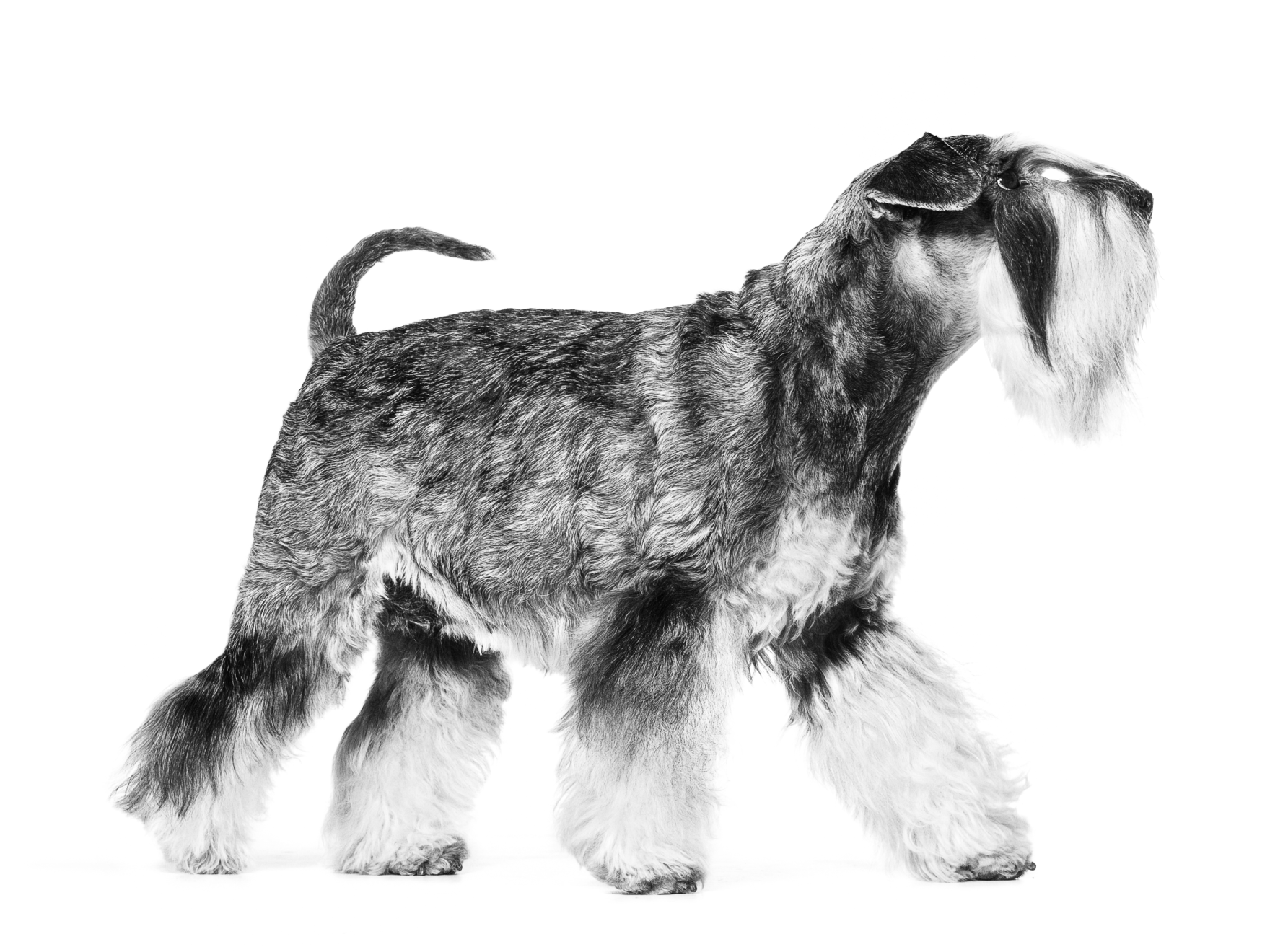Our Guide to Small Dog Breeds
Article

What are the different types of small breeds?
Why choose a small dog?
Space
One of the biggest reasons why dog lovers choose small dogs is for their limited space. But keep in mind, small dogs aren’t only for small spaces and big dogs aren’t only for large ones.
Character
There are just as many small dog personalities as there are different breeds. Spend time one-on-one with the dog you are thinking about adopting, and see how you connect.
Energy Level
There are many calm small dog breeds that are well-suited to people who can’t keep up with a more energetic dog.
Great for Families
You’ll find many small dog breeds listed as "best family dogs" because of their compatibility with families and children, especially once they are fully trained.

If you’re concerned about the health of your small breed, there is not an easy answer; health concerns vary widely depending on a number of factors. Whichever dog you choose, it’s best to work closely with your veterinarian to help ensure the best possible health and well-being for your small furry companions.
What physical features might you find in small dog breeds?
Popular Small Breeds
Explore the canine world with our small dog breed library here:
Young Children and Small Dogs
What kind of health issues may come up with small dogs?
If you’re considering getting a small dog, there are certain health issues they could be more prone to. Of course, these health problems may not occur in every small dog. Make sure to stay current with all your veterinarian visits to help you monitor your small breed’s well-being.
Below are some common health issues among small breeds:
Small dogs are more prone to dental problems, including tooth decay and gum disease. Regular dental care is essential to maintain oral health. Some small dog breeds may also be predisposed to dental misalignment or issues with their jaw structure. Check in regularly with your veterinarian to see if your pet requires more dental attention.
Certain small breeds can be susceptible to urinary tract problems, such as bladder stones or infections. Providing proper hydration and regular bathroom breaks may help reduce the risk of these issues. However, regular veterinary visits will help ensure the optimal health of your dog.
Small dogs, especially those with compact chests, may be more prone to certain heart conditions, such as mitral valve disease or congenital heart defects. These conditions may be more common due to genetic predisposition and size-related factors that can strain the heart.
Many small dog breeds have brachycephalic (flat-faced) features, which can lead to respiratory problems. Their short muzzles and narrow airways make them more susceptible to brachycephalic airway syndrome, snoring, and difficulty breathing, especially in hot or humid climates.
Small dogs are at a higher risk of becoming overweight or obese due to several factors, including their small size, lower exercise requirements, and potential overfeeding. Obesity can lead to other small dog health issues like joint problems, heart disease, and diabetes. Speak to your veterinarian to ensure your small dog is getting the right diet and levels of exercise.
Small dogs may be more prone to these conditions due to their sensitive skin, proximity to the ground, and exposure to environmental allergens. Common allergies in small breeds include food, environmental, and contact allergies.
Whether you choose a small dog or not, they’re great companions
Related Articles

Which dog breeds are best for apartment living?

Thinking of getting a dog?
Like & share this page